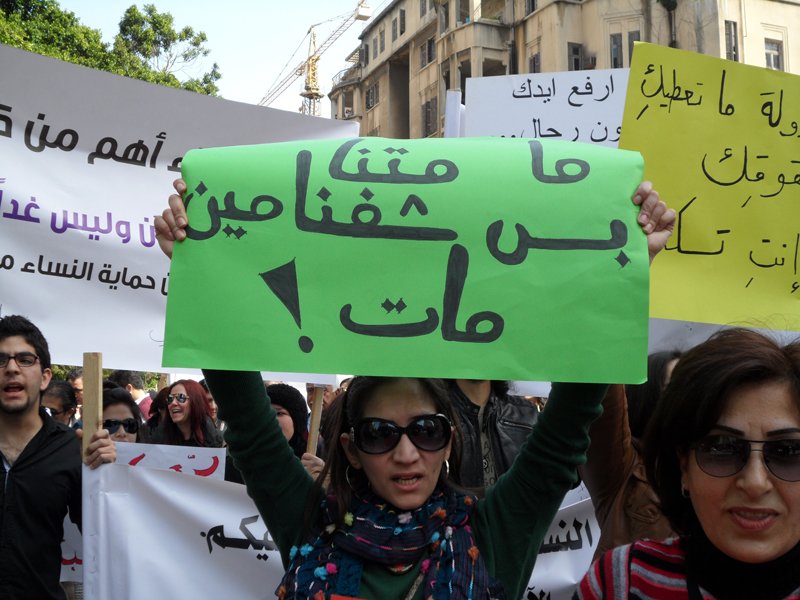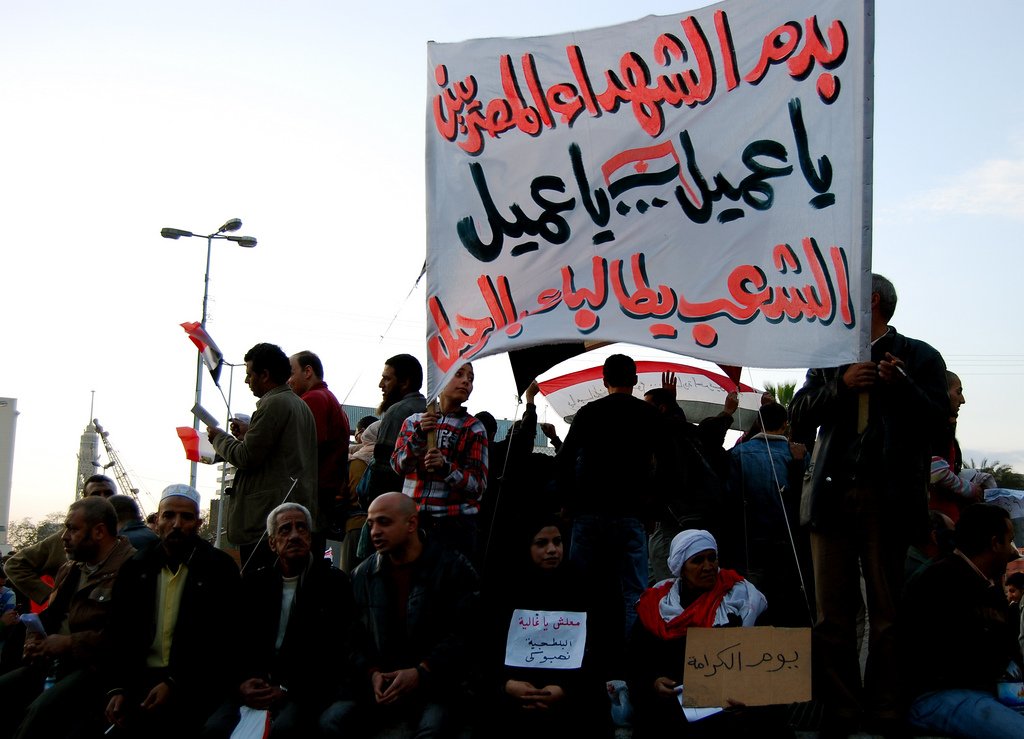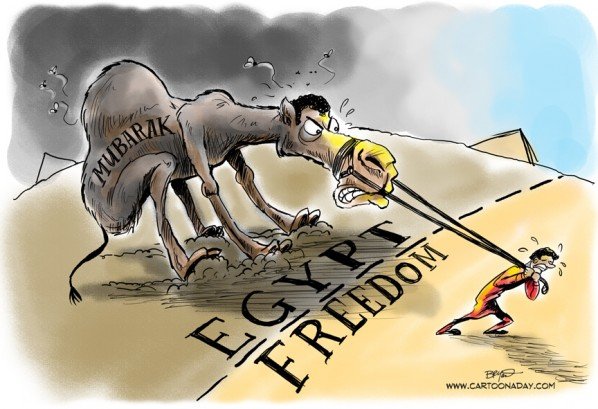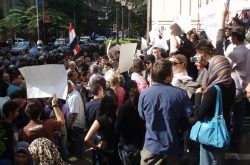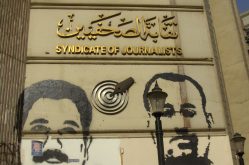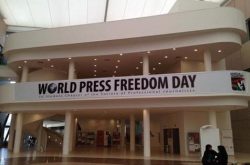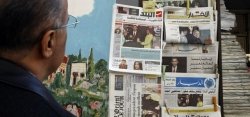As part of an ongoing body of literature on audiovisual translation in the Arab World, Muhammad Y Gamal examines barriers to localization in an increasingly digital world. Gamal posits that closing the regional gap and developing local expertise requires a multi-pronged approach, targeting both pedagogy and practice.
Read More »Digital Activism: Efficacies and Burdens of Social Media for Civic Activism
In a comprehensive study of social media usage among social movement organizations in Lebanon, Jad Melki and Sarah Mallat investigate the efficacy of digital technology as a tool for activism. The authors find that while social media platforms offer a number of perceived benefits to activism work, there remain significant obstacles that manifest both on and offline.
Read More »The Discourse of Egyptian Slogans: from ‘Long Live Sir’ to ‘Down with the Dictator’
El Mustapha Lahlali investigates the power of political slogans in Egypt. By revisiting the discourse of early 2011 and surgically analyzing the linguistic content of a wide array of slogans, Lahlali offers new insight into the political, social and religious undercurrents that reverberated through the country during this time. Lahlali points to a period characterized by the democratization of discourse, which he argues, disappeared as rapidly as it emerged.
Read More »Mubarak Framed! Humor and Political Activism before and during the Egyptian Revolution
In an entertaining and insightful read, Deepa Anagondahalli and Sahar Khamis delve into the world of Egyptian political humor, unpacking its historical roots and reflecting on its evolution from private banter to public resistance. Focusing on Mubarak’s presidency and subsequent ouster, the authors identify a stark shift from long narrative jokes, to the biting “weaponized” one-liners that emerged in his final days. Humor, they conclude, is a paradoxical yet powerful tool for activism, which despite more recent crackdowns has proven to be a relatively safe platform for dissent.
Read More »Navigating the Ethics of Citizen Video: The Case of a Sexual Assault in Egypt
Using video of a sexual assault in Tahrir Square as a case study, Madeleine Bair discusses the ethical and logistical considerations of citizen video as a means for social documentation. Bair points to the emergent challenges including reliability, consent, preservation and security, as citizen videos are sourced with increasing regularity by both new and traditional media. The Egyptian video, which sparked national change and international outrage, is a striking example of how citizen video can both shine light on an issue and stir controversy.
Read More »Three Years Since the Spring: Special Print Edition Now Available
The Arab uprisings of 2011 triggered a wave of discourse on media and social movements. As interest grew, so did questions about the scope and impact of media, particularly new media, on the events that unfolded. In the three years since the upheaval began, AMS has been home to robust analysis of events from across the region. In the pages of this special print edition you will find a selection of articles primarily from our archives. For more information, including how to acquire a copy, please click the title link.
Read More »Is Informationalization Good for the Middle East?
In a thought-provoking essay, Jon W. Anderson poses the question: Is informationalization good for the Middle East? The notion evolves through a wealth of data, fresh comparisons and insight into factors such as telecom infrastructure, the monetization of data, the extraction of value upward, and how labor is valued in an informationalized economy.
Read More »A Revolutionary Role or a Remnant of the Past? The Future of the Egyptian Journalist Syndicate after the January 25th Revolution
Miriam Berger reports on change and stagnation at the Egyptian Journalist Syndicate, Egypt’s only official journalist union. Through interviews with syndicate members and media observers, she paints a granular picture of how efforts to reform the syndicate remain blocked by entrenched political, economic and state interests.
Read More »Two Years in Abu Dhabi: Adventures teaching journalism in the UAE during the Arab Spring
Matt Duffy reflects on the state of journalism education in the United Arab Emirates before and after the Arab spring. His experience as a communications professor at Zayed University, followed by his unexplained expulsion from the UAE, reaffirms the increasingly bleak environment for media freedoms in the region.
Read More »The Myth of Media Freedom in Lebanon
Nabil Dajani critiques the perception that Lebanon enjoys one of the freest media systems in the Arab world, showing how its foundations in confessional politics and business interests prevent it from functioning as a public service, a control on power, or a voice for the voiceless.
Read More » Arab Media & Society The Arab Media Hub
Arab Media & Society The Arab Media Hub

